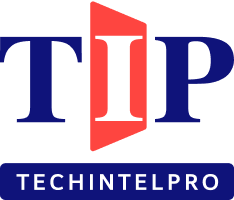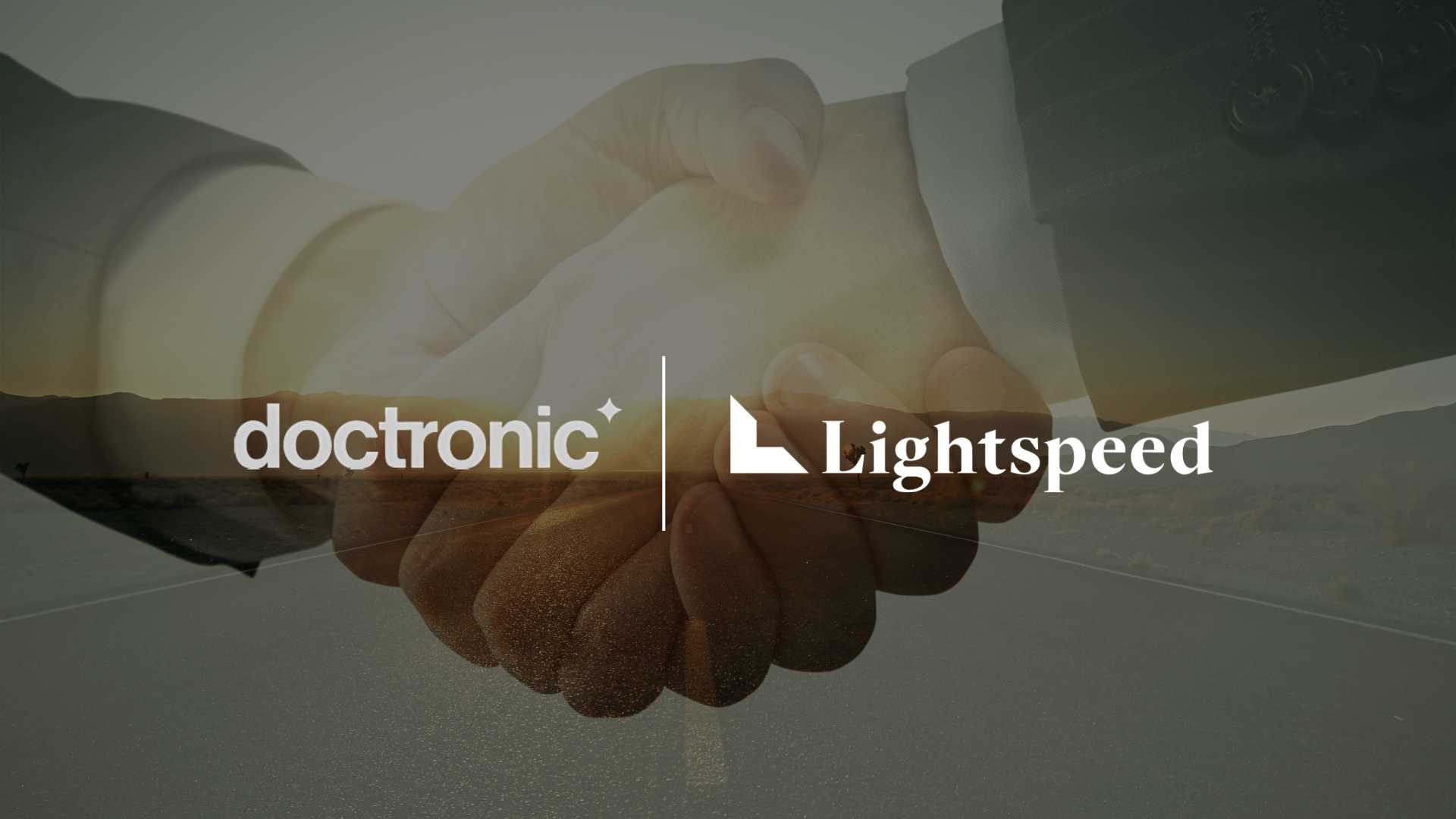


Doctronic, an AI-native platform providing fast, private, and personalized healthcare, has secured $20 million in Series A funding led by Lightspeed Venture Partners, with investments from Union Square Ventures, Tusk Ventures, Mantis VC, Seven Stars, and notable angels like Dr. Fei-Fei Li, Jay Desai, and Scott Belsky. The funding will support expansion of services and partnerships to deliver instant, affordable care to more Americans amid growing physician shortages.
The Series A round positions Doctronic to scale its mission of addressing timely care challenges through generative AI. Founded by Dr. Adam Oskowitz and Matt Pavelle, the platform was created to tackle persistent access issues, where average waits for primary care exceed three weeks nationwide. With this investment, Doctronic aims to grow from 1 million to 100 million users, enhancing direct-to-consumer channels and payer partnerships while upholding security and quality standards.
Doctronic differentiates through its agentic framework, where multiple specialized AI agents perform structured clinical reasoning, overseen by licensed physicians. Each interaction builds a proprietary dataset of symptoms, outcomes, and evidence, refining precision over time. Last month, the company released a large-scale validation showing 99.2% alignment between its autonomous AI and clinician treatments, establishing reliability in AI-powered guidance.
Users access a free AI advisor 24/7 for anonymous symptom checks, receiving likelihood-based assessments, potential explanations, and structured plans including SOAP notes for providers. Seamless transitions to $39 video visits ensure care in under 20 minutes, often eliciting user surprise at the ease. Handling 50,000 weekly visits and powering 15 million conversations for over 1 million users, Doctronic sees nearly half of monthly users return within a week, reflecting demand for instant, personalized, affordable solutions.
Doctronic is forging ties with payers and health systems, including a fall rollout to 100,000 patients via Safe Harbor Health's TOTAL Wellness Program, integrating AI primary care to lower costs and barriers. Amid a projected 124,000 physician shortage by 2034, leaving one-third of adults without consistent care, Doctronic complements providers by aiding symptom tracking and efficient access, easing system pressures.
"Doctronic is scaling at a pace that makes it clear the future of healthcare will be AI-driven," said Faraz Fatemi, Partner at Lightspeed Venture Partners. "What sets them apart is far more than just speed or convenience, but a fundamentally unique agentic architecture that pairs collective AI intelligence with real clinical oversight. That combination makes Doctronic the trusted front door for millions of patients and positions them to define what next-gen healthcare looks like in America."
This funding round validates Doctronic's trajectory as a leader in AI healthcare, bridging gaps in access and affordability to empower patients nationwide with reliable, scalable solutions.
Doctronic is an AI-powered health assistant designed to help individuals better understand their health and access high-quality care. Built on a collective intelligence architecture, Doctronic provides personalized, anonymous health insights and connects users to licensed providers instantly, affordably, and securely. It is not a substitute for licensed medical care. The company is headquartered in New York and available 24/7 across all 50 U.S. states.
Lightspeed Venture Partners is a multi-stage venture capital firm focused on accelerating disruptive innovations and trends in AI, Enterprise, Consumer, Health, and Fintech. Over the past 25 years, the Lightspeed team has backed hundreds of entrepreneurs and helped build more than 500 companies globally including Abridge, Affirm, Anthropic, Cato Networks, Epic Games, Glean, Mistral, Moveworks, Navan, Netskope, Rubrik, Snap, Wiz, and more. Lightspeed and its global team currently manage over $30B in AUM across the Lightspeed platform, with investment professionals and advisors in the U.S., Europe, India, Israel, and Southeast Asia.
